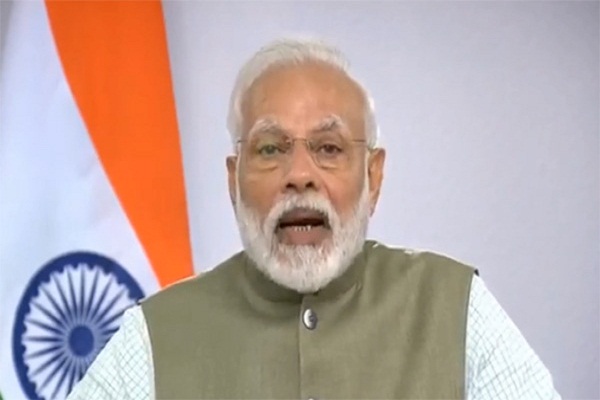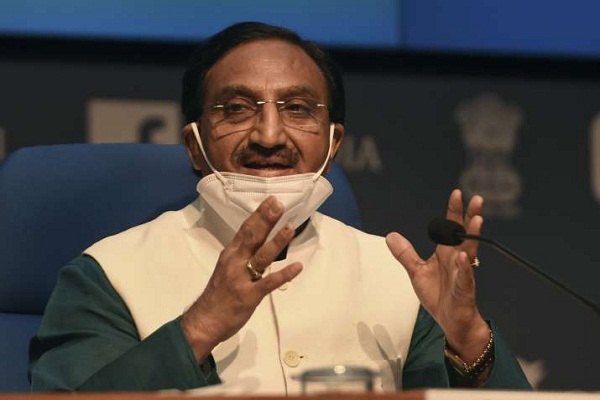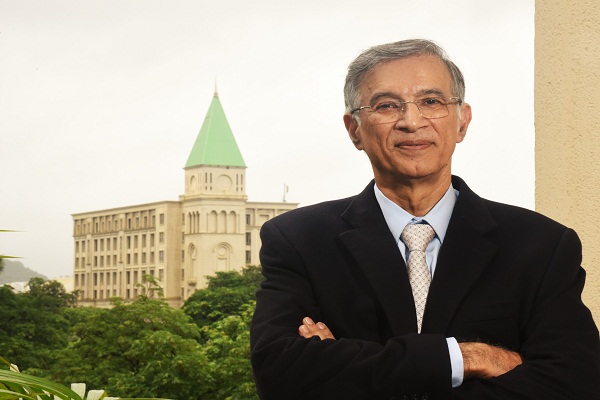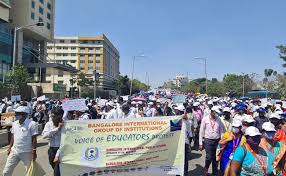Prime Minister Narendra Modi on Friday stressed the need for increased lending to businesses to meet the demands of a booming economy, saying that financial products must be adapted for fintech and startups. He said that although the government is willing to boost the private sector, the public sector still needs to be present in banking and insurance to support the poor.
During a webinar on financial services budget announcements, Modi said that he would help small and medium-sized businesses during the COVID pandemic. Micro, small and medium-sized enterprises (MSMEs) of 90 lakh received loans totaling Rs 2.4 trillion. “There is a need to support MSMEs and startups and expand the flow of credit to them. The government has implemented reforms and opened up sectors such as agriculture, coal, and space. It is now the responsibility of the financial sector to understand the aspirations of rural towns and small towns and make them the strength of Aatmanirbhar Bharat.
“As our economy grows and grows rapidly, credit flows have become just as important. We have to see that credit reaches new sectors, new entrepreneurs. Now he must focus on developing new and better financial products for startups and fintech, ”Modi said.
Also read: PM Modi gives students mantra of ‘Self-3’
Modi said that Kisan Credit has helped small farmers and those involved in animal husbandry learn about informal credit and said that the private sector now needs to think of innovative financial products for this part of society.
He said the government has a clear vision for the financial services sector and is taking steps to make it vibrant, proactive and strong. “The pace at which we must move the country forward in the 21st century is the proactive participation of the private sector. The government’s vision is clear on the financial sector, not a place for buts and yes. The government’s top priority is for all depositors and investors to enjoy trust and transparency, ”he said.

























